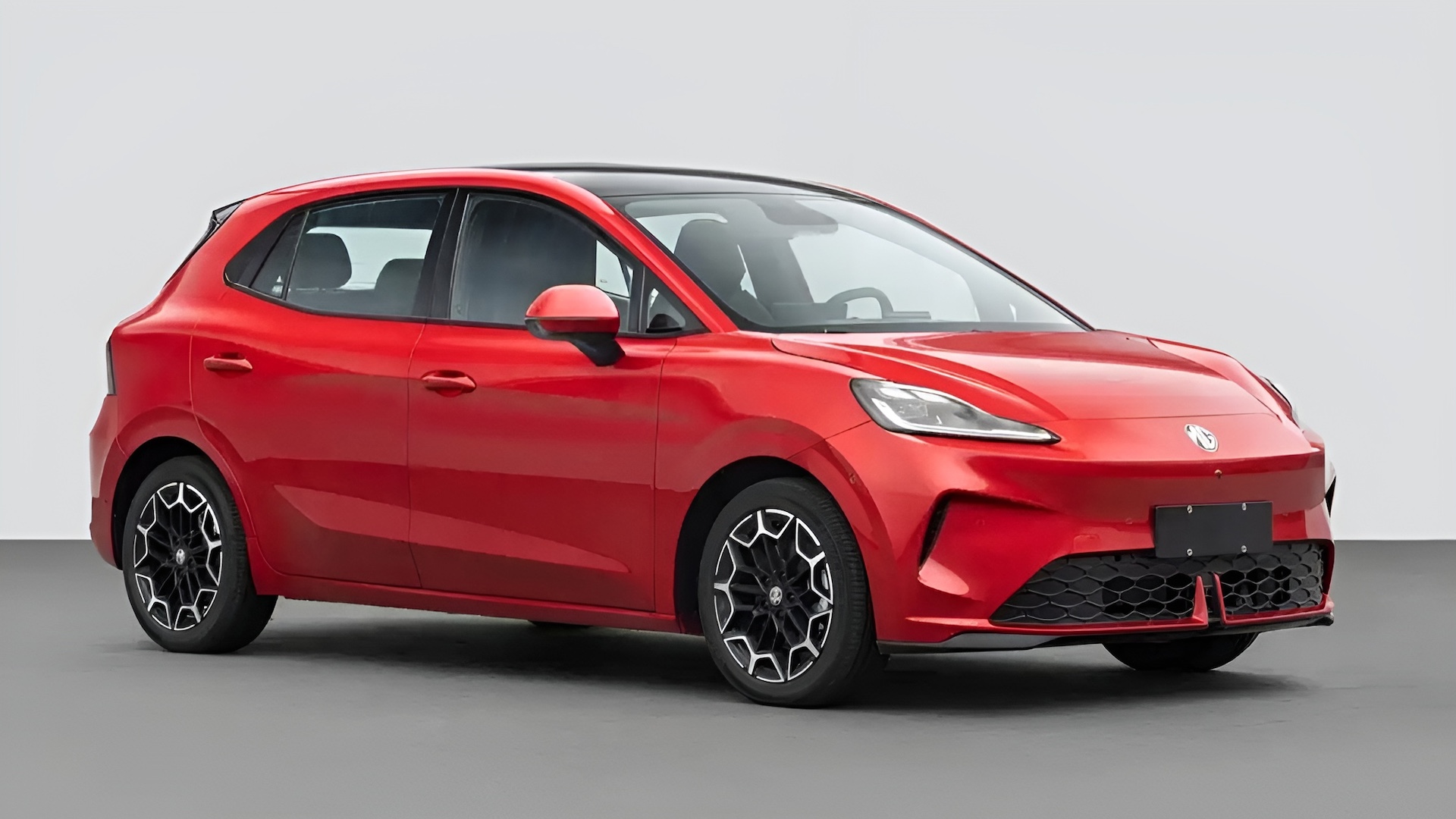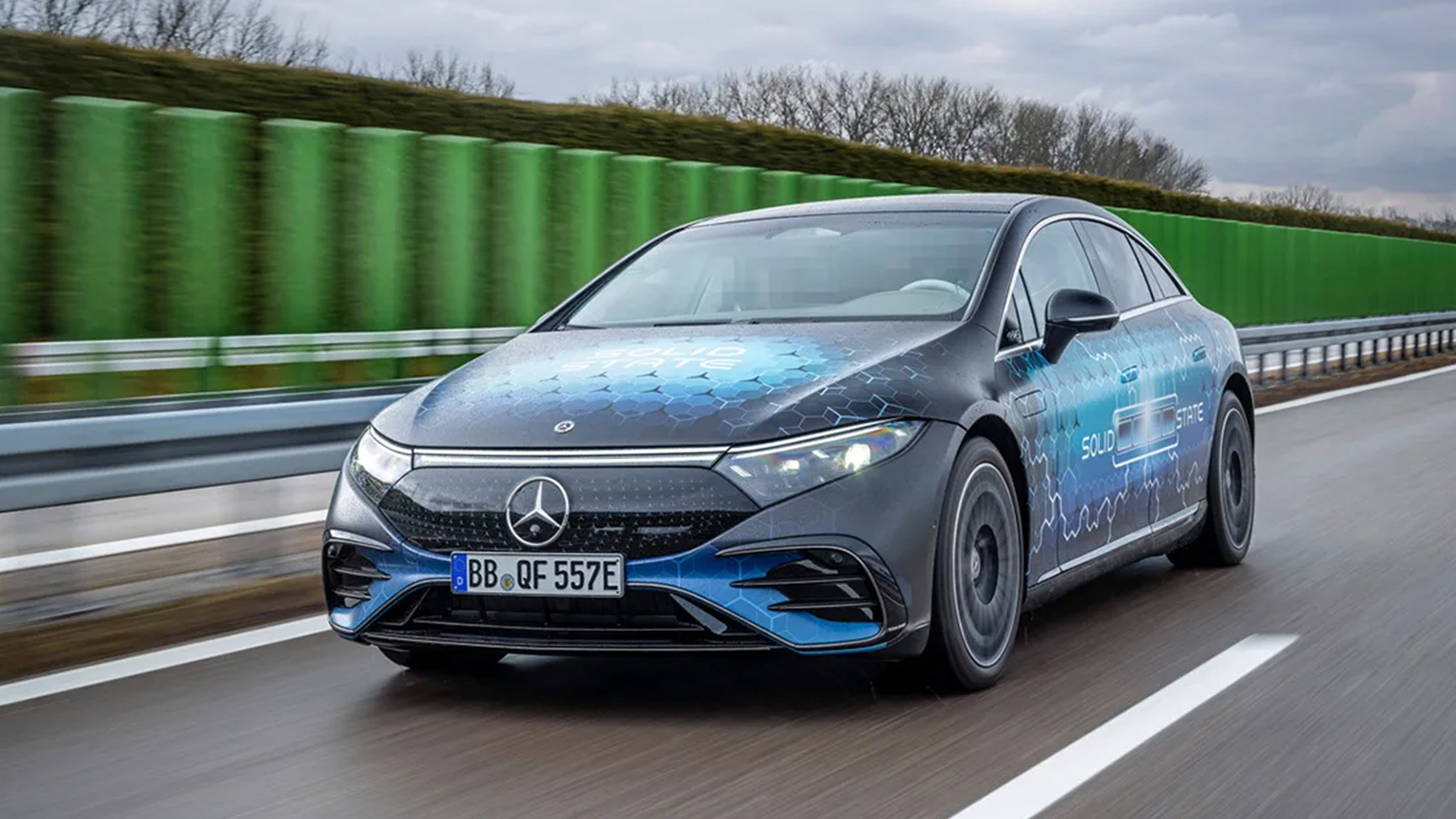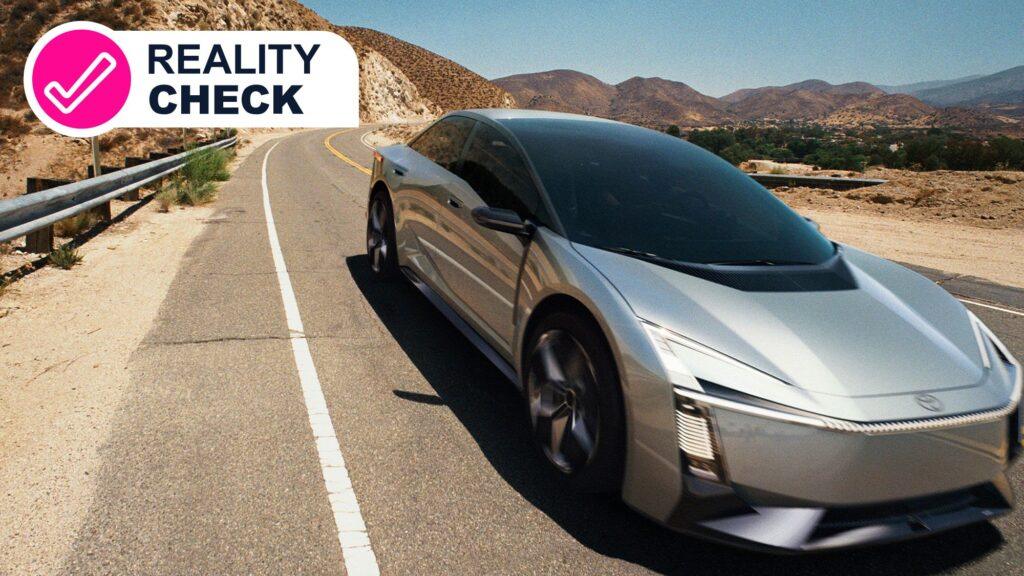Toyota announced this week that it had signed a joint agreement with Japanese company Sumitomo Metal Mining to mass produce the cathode materials required for all-solid-state batteries (SSBs).
Unlike the current battery technology that powers most electric cars, which uses a liquid as an electrolyte, solid state technology replaces that liquid with a solid material, allowing for smaller size, higher output, faster charging speeds and longer life. The potential of the technology is undoubtedly exciting, but will Toyota really be first?
“Solid-state batteries have been a clear target for battery technology developers for decades, with many developers claiming that this approach represents the holy grail,” explains Brian Barnet, CTO of fast charging and battery technology company Nyobolt.
“It is clear that the last generation of efforts based on a small number of ceramic material families has made great progress. We are now seeing the first demonstrations of batteries apparently based on these materials,” he adds.
However, Toyota is not the only globally recognized company that claims it will have this revolutionary battery technology in production by the end of the decade. Here’s how the solid-state battery story could play out, according to experts…
The claim: Toyota will be the first to sell solid-state battery electric vehicles
The auto giant, which has been relatively slow to all-electric propulsion and only currently offers the Bz4X and variants of its Proace van outside of Japan, claims it will be the first to market a solid-state battery electric vehicle, with plans to introduce production models in 2027 or 2028.
According to Toyota, it has been conducting joint research on cathode materials for solid-state batteries with Sumitomo Metal Mining Company since 2021, but the pair have since made breakthroughs in cathode materials thanks to Sumitomo Metal Mining’s proprietary powder synthesis technology.
This “highly durable” cathode material can be mass-produced, although Toyota has said the two companies will continue to improve the performance, quality and safety of cathode materials, as well as look at ways to reduce production costs.
This, they say, will lead to the world’s first practical use of all-solid-state batteries in BEVs soon.
The reality: several car brands are chasing the same claim

China has been at the forefront of electric car technology for well over a decade, and its two biggest battery manufacturers, CATL and BYD, are understandably working on solid state solutions.
According to a recent report by China Central Television (via Electrek), various universities and research institutes in the country have made significant progress in recent months that it says will help unlock solid state batteries that can deliver more than 600 miles on a single charge.
These researchers have reportedly found a number of solutions to the known electrolyte problems holding the technology back.
While a solid cathode is important, SSBs also rely on a solid electrolyte. As a result, Toyota has partnered with Japanese oil giant Idemitsu Kosan to refine a solid lithium sulfide electrolyte that it hopes will help speed the introduction of its next-generation electric vehicles.
Meanwhile, Chinese company SAIC MG launched the first mass-produced vehicle on the market with a semi-solid-state battery in its latest MG 4 model.
While it doesn’t offer the same solid electrolyte material, it uses a half-way house gel technology that brings some of the same benefits, yet can be produced much more cheaply and in larger numbers than current SSB alternatives.
Mercedes-Benz is also forging ahead with its own technology, which has been proven in its prototype EQS model, which has already driven a staggering 750 miles on a single charge.

BMW’s solid-state i7-based prototype revealed one of the most impressive energy densities yet when it hit public roads earlier this year, with 390 Wh/kg – surpassing the 360 Wh/kg achieved with Nio’s current semi-solid state technology.
Since many of the vehicles mentioned are still in development, it is very difficult to know who will be the first to truly mass produce an all-solid-state battery pack and make it a financially viable business case.
“The technology is advancing, but scaling from pilot lines to even thousands of packages per year remains the bottleneck,” says Dr. Kieran O’Regan, Chief Growth Officer at About:Energy.
“Companies like QuantumScape, backed by Volkswagen, have shown promising prototypes, but the jump from cells built in the lab to automotive-grade packs of millions of units per year is proving slower and more expensive than originally expected,” he adds.
So while it’s likely that Toyota could be the first to introduce a mass-produced electric vehicle with a solid-state battery in 2027, manufacturing challenges could still slow down that process — it’s certainly not the only one working on those timescales.
Mercedes-Benz, BYD and CATL have also suggested 2027 should be marked on car calendars, while Honda, Volkswagen and the mighty Stellantis group have all gone on record to say they are not far behind.
Still, whether Toyota is first or not, there’s plenty of evidence to suggest that the next 2-3 years are shaping up to be an exciting, defining period for this supposed “holy grail” of battery technology—and for anyone frustrated by the range and charging speeds of today’s lithium-ion EVs.
Follow TechRadar on Google News and add us as a preferred source to get our expert news, reviews and opinions in your feeds. Be sure to click the Follow button!
And of course you can too follow TechRadar on TikTok for news, reviews, video unboxings, and get regular updates from us on WhatsApp also.



